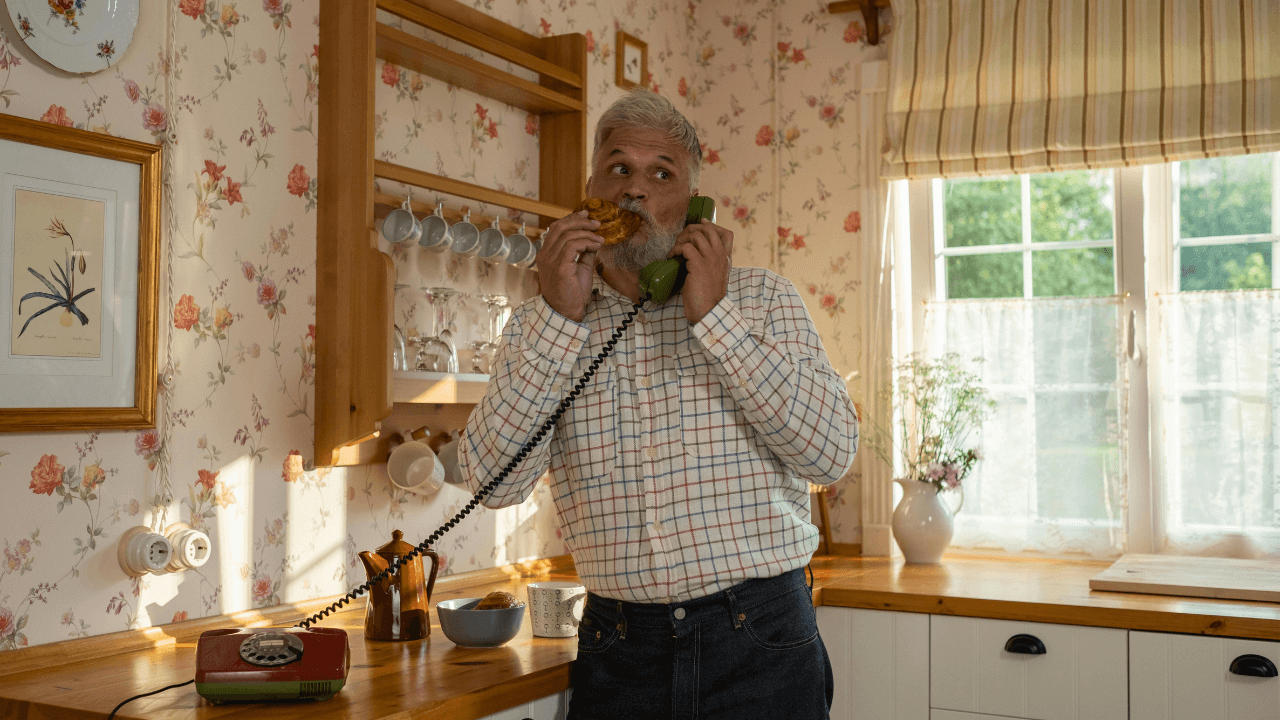Did you know that Leading Edge Senior Care has a Dementia Support Group? We meet monthly in Mesa. For more details <click here> Signs Of Protein Deficiency In Seniors Protein is essential for the human body, serving as the foundation for muscle growth, tissue repair, and immune system strength. For seniors, the need for adequate protein becomes even more critical. Aging…










